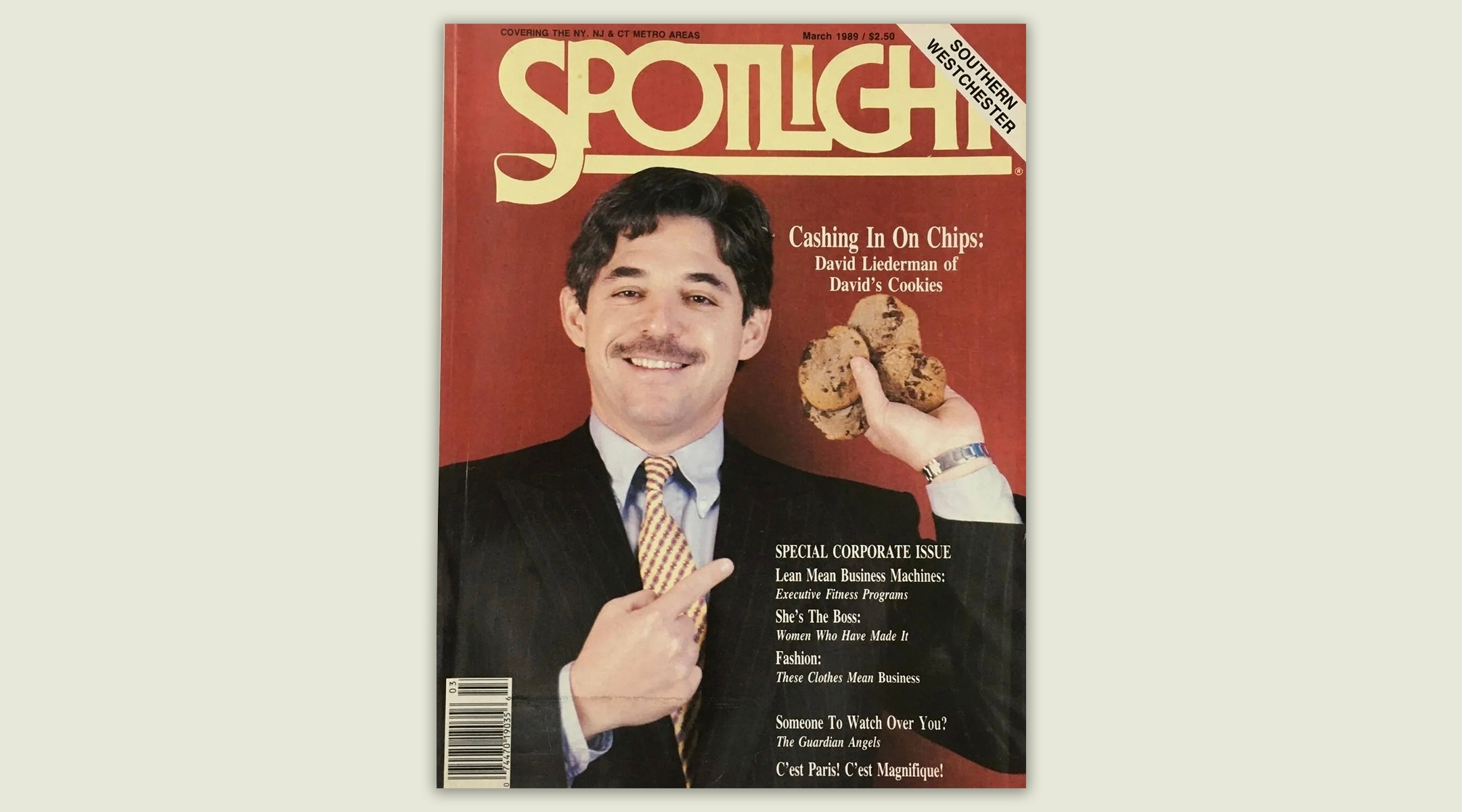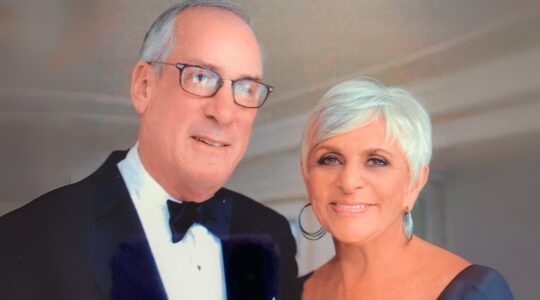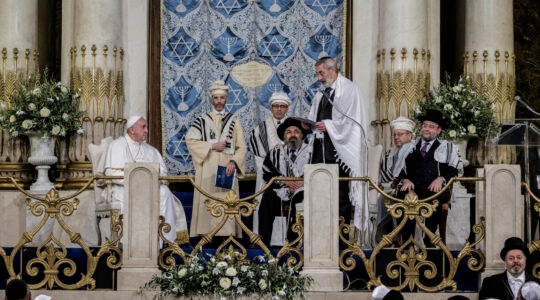This article is also available as a weekly newsletter, “Life Stories,” where we remember those who made an outsize impact in the Jewish world — or just left their community a better or more interesting place. Subscribe here to get “Life Stories” in your inbox every Tuesday.
David Liederman, 75, founder of the David’s Cookies empire
David Liederman sold some of his first chocolate-chunk David’s Cookies to Zabar’s in the 1970s — and in 1985 offered to buy the famed New York Jewish delicatessen. By then, he had the means: Liederman opened his own cookie store in Manhattan in 1979, and watched it grow into a chain of more than 100 David’s Cookies nationwide and in Japan.
Born in New York, he earned a degree from Brooklyn Law School before devoting himself full time to the cookie that made him famous and to other culinary pursuits, including his 1979 cookbook, “Cooking the Nouvelle Cuisine in America,” written with Michele Urvater. The Zabar’s sale never took place, but Liederman launched a number of other popular restaurants.
Liederman died on Thursday in Mount Kisco, New York. He was 75.
Maxine Singer, 93, proud ‘nerd’ who helped write the rules on biotechnology
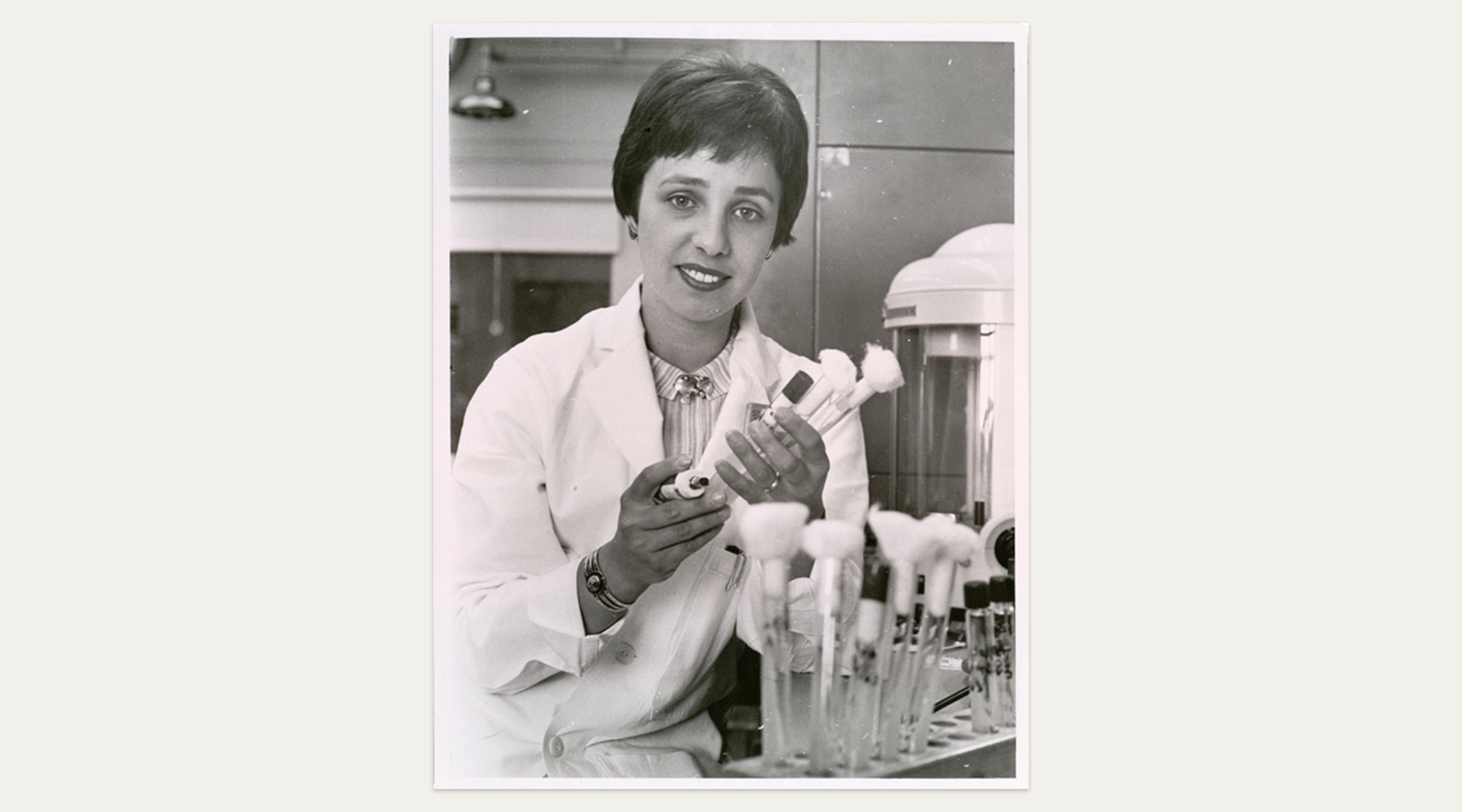
Maxine Singer, shown in 1956, was president of the Carnegie Institution for Science in Washington from 1988 to 2002. (NIH Image Gallery/Wikipedia)
“Yes, I’m a nerd and I’m proud of it,” Maxine Singer said in a 2002 interview. “It’s important for people to see this small, gray-haired Jewish grandma, that I’m one of them. I’m not some crazy person, and few of my colleagues are.”
Born in New York City, she attended Midwood High School and Swarthmore College. After receiving her doctorate in biochemistry from Yale in 1957 — a pioneer in a field dominated by men — Singer created a “library” of RNA that helped lead to the cracking of the genetic code in the 1960s.
Perhaps more importantly, the longtime president of the Carnegie Institution for Science developed guidelines for research, urging fellow scientists to use caution in gene-splicing and other techniques — at one point successfully lobbying for a moratorium on such research — and helped allay fears about biotechnology.
Singer died on July 9 at her home in Washington, D.C. She was 93.
Richard M. Goldstein, 97, astronomer who helped map the Solar System
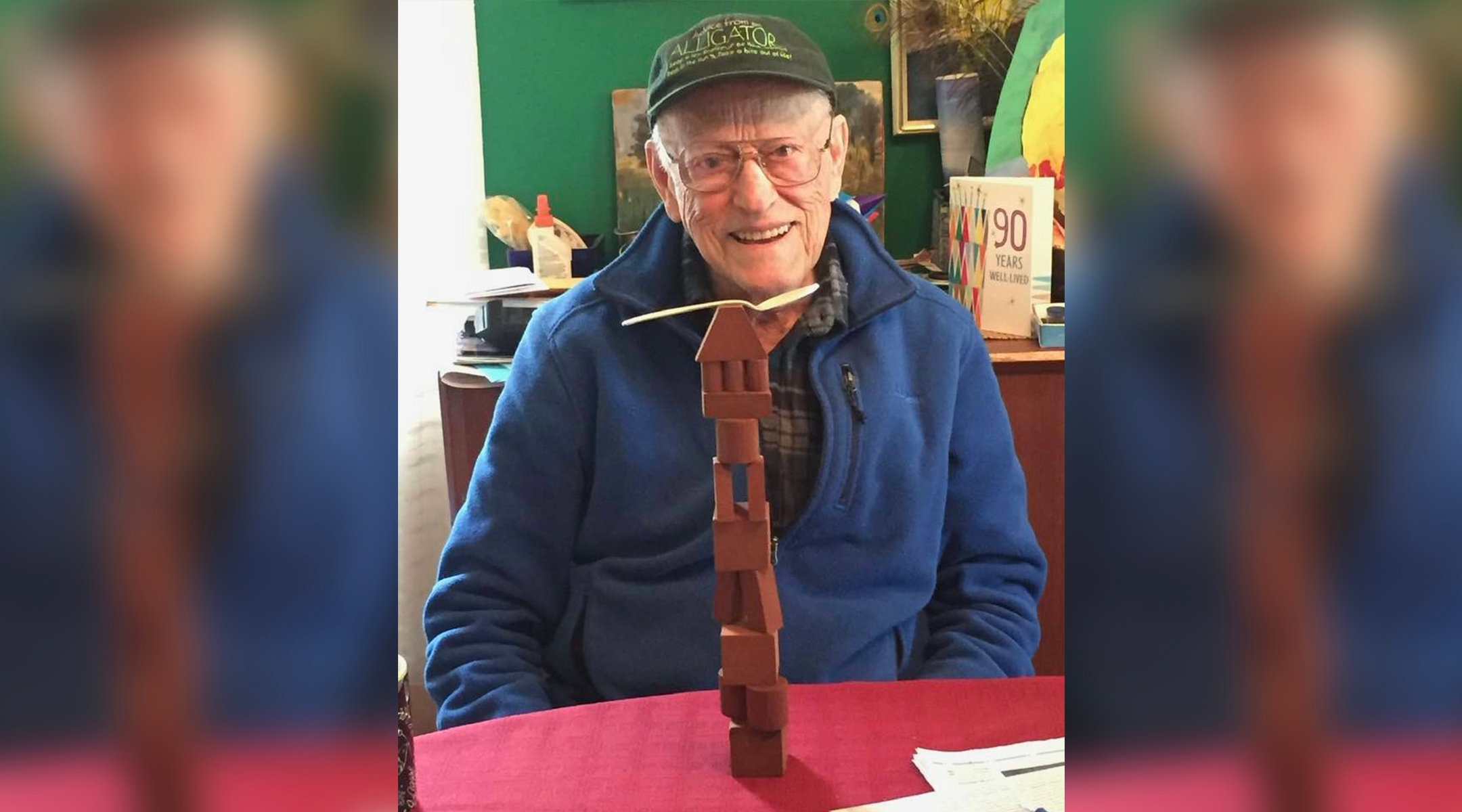
As a graduate student at the California Institute of Technology, Richard M. Goldstein used a radar system in an experiment that would lead to breakthroughs in mapping the Solar System. (Courtesy Rabbi Lisa L. Goldstein)
Richard M. Goldstein did not grow up in an observant Jewish home. In fact, his daughter, Rabbi Lisa L. Goldstein, once explained, for their first date he and her mother Ruth went to see a folk singer perform on Yom Kippur in 1960. And yet Richard came to explore the secrets of the cosmos in other ways.
Born in Indianapolis, he graduated from Purdue in 1947 with a degree in electrical engineering, but worked in his father Samuel’s department store for 11 years before looking for jobs as an electrical engineer.
As a graduate student at Caltech and working part time at NASA’s Jet Propulsion Laboratory, he proposed bouncing radar signals off of Venus — a leap of science that would eventually allow astronomers to map the Solar System. In a 43-year career at the laboratory, he surveyed the surface of Venus, developed technology to measure the earth’s tectonic plates, and used radar techniques to detect orbital debris.
The “Father of Radar Interferometry” died in La Cañada Flintridge, California, on June 22. He was 97.
JTA has documented Jewish history in real-time for over a century. Keep our journalism strong by joining us in supporting independent, award-winning reporting.
